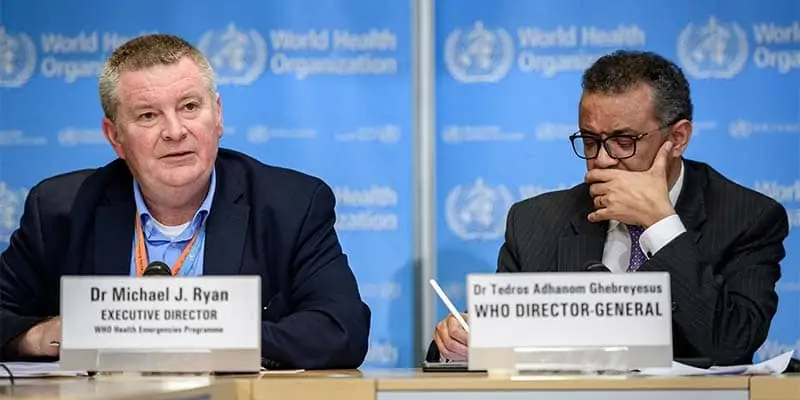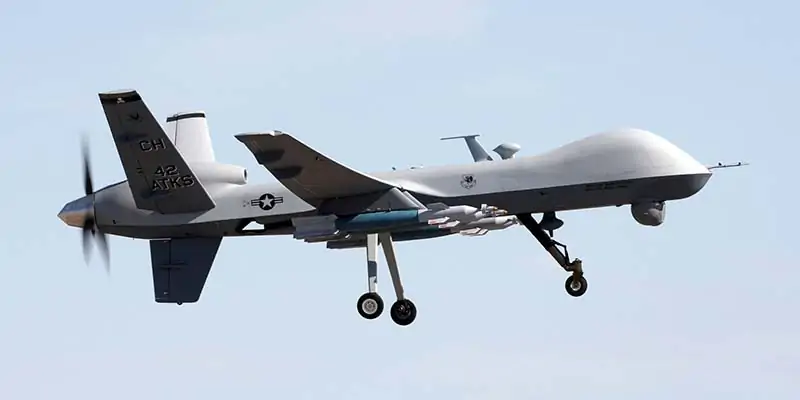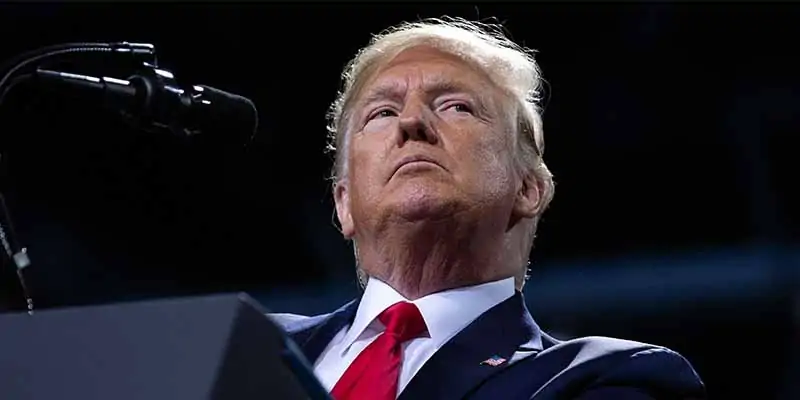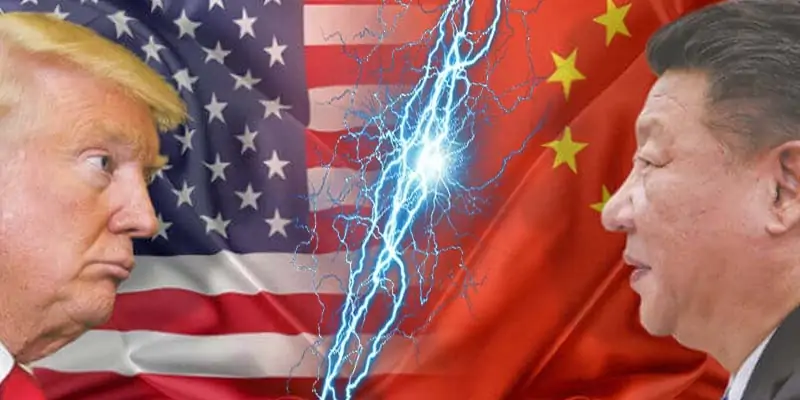WHO concerned over COVID-19 upswing in many countries

World Health Organization (WHO) said that it is worried that many countries, particularly the global south, are still on the upswing of their COVID-19 pandemic, and called for international solidarity to overcome problems for “more than 100 years ago”
First and foremost, most of the world right now is still very far in the throws of this first wave of this outbreak.
The current uptick in cases in some nations (is) associated with (the) reopening of society, re-mixing of people and being in a situation without adequate social distancing, without adequate measures in place. And without sufficient capability to isolate evaluations, isolate suspect cases and quarantine contacts, the illness can reunite,” Ryan stated.
Meanwhile,”it’s not surprising at all that any nation coming out of lockdown can have clusters of disease, re-emergence of disease and clusters — that is not necessarily another wave,” he added.
Also Read
Dalai Lama going to join author Iyer for virtually conversation
Ryan reported that careful balance has to be struck”between maintaining everyone at home and continued to completely curtail transmission of COVID-19″ –“a public health problem” which”has to be carefully handled and balanced by every government every minute of every day.”
“That really comes down to the elegance of your public health surveillance, your ability to examine, track and trace, your understanding of the virus as it’s spreading throughout communities, and your capacity to apply measures in a way that’s not a blanket measure that you can lift and adapt measures at a sub-national or a sub-state level that enable you to be much more complex in doing that.”
“But that’s driven with good data and with no good data, it is almost impossible to take this strategy,” Ryan highlighted.
Furthermore, he said the WHO is concerned that some nations were having problems in leaving the so-called lockdowns.
Also Read
“So the question is: what have you must substitute lockdown with? And what we have in the lack of a vaccine? Is good public health surveillance a powerful relationship with communities, which means they know how to protect themselves and they’re empowered to protect themselves”
“It is difficult to accomplish in any circumstance, but it is the only means to prolong the next number of months while we wait for additional interventions,” he said, highlighting the importance of learning to live with the virus and finding a balance of controlling the virus.
“This is a difficult issue, but we have to find that balance, and each society needs to discover that balance that is in accord with its values and what citizens in that nation wish to attain as a collective and that is not always so easy to attain,” Ryan added.





